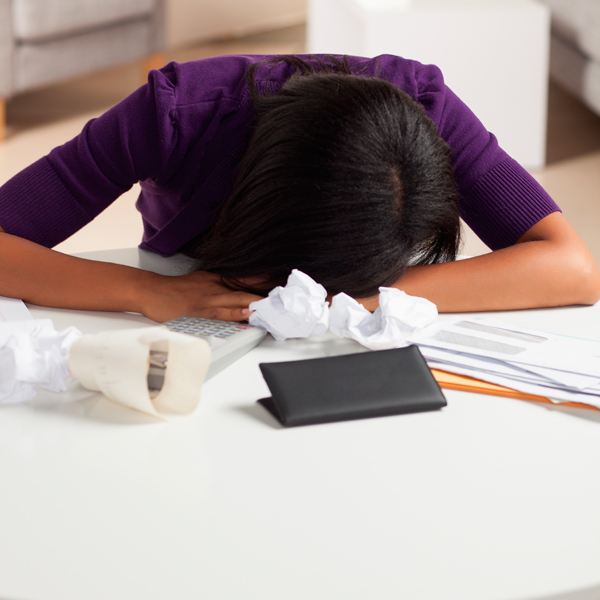
We love to sleep when we are exhausted but what if you struggle…
Here below are some tips to help…
Avoid stimulants – Like caffeine (coffee, many teas, chocolate, and some soft drinks) after 2 p.m. — or altogether, if you’re especially caffeine-sensitive. Caffeine blocks the effects of adenosine, a brain chemical thought to promote sleep. Limit alcohol to no more than one drink a day, preferably taken at least two hours before bedtime. Alcohol interferes with deep sleep and can interfere with breathing. Stop smoking, and avoid passive smoke. Nicotine makes it harder to fall asleep and harder to stay asleep.
Don’t nap if you can avoid it – If you can’t stay awake in the afternoon, take a 15- to 20-minute nap — that’s usually long enough to improve alertness but not so long that you feel groggy afterward. Don’t nap at all in the evening before you go to bed. (And no falling asleep in front of the TV!)
Exercise – Regular exercise such as walking, jogging, or swimming can help you fall asleep faster, get more deep sleep, and awaken less often during the night. But avoid exercise within a few hours of bedtime.
Plan a sleep schedule – A regular sleep schedule helps synchronize your sleep/wake cycle. Once you determine how much time in bed you need, go to bed each night and get up each morning at the same time.
Make your bedroom perfect – Reserve it for sleep, intimacy, and restful activities such as meditation and reading for pleasure. Keep it cool, dark, and quiet. To block out noises, use a fan or other appliance that produces a steady “white noise.” Make sure your mattress is comfortable.
Eat well – Finish dinner several hours before bedtime. If you need a snack in the evening, eat a small serving of something you know won’t disturb your digestion, such as applesauce, yogurt, cereal and milk, or toast and jam.
Stop watching the clock – Watching the sleepless minutes pass makes it harder to fall back to sleep in the wee hours. Turn the clock face so you can’t see it.
Plan your bedtime routine- Consider meditation, a warm shower, listening to quiet music, or some simple stretches to loosen muscles. Avoid activities that might cause stress, such as work or emotional discussions.
Reduce fluids before bedtime – To minimize night time trips to the bathroom, don’t drink anything during the two or three hours before bedtime
Mind-Set Change:
Turn negative thoughts into positives. Your cognitive brain can play wonders affecting your sleep. Have you heard people saying things like “If I don’t sleep tonight, I’ll mess up tomorrow” or “I can’t operate unless I get 8 hours sleep” – Turn these around to constructive accurate thoughts for example, “I will sleep 8 hours tonight” or “I will be affective tomorrow irrelevant of the amount of sleep I get”. Try it and stick to it!
How to relax:
Your mind is racing or your muscles are tense, consider meditation, deep breathing, or progressive muscle relaxation.
Meditating 15-20 minutes per day can help sleep deprivation. This involves sitting quietly and using an image, a repeated phrase, or rhythmic breathing to focus attention and quiet the mind. A form of meditation called visualization helps you mentally distance yourself from stress by imagining a place that makes you feel at peace — say, a seaside retreat or a quiet garden — and thinking about what you see, hear, feel, smell, and taste there.
Progressive muscle relaxation involves tensing and relaxing muscles throughout your body, starting with your feet and working your way up. Breathing deeply and calmly, replicates your breathing during sleep.
How many hours per night do you need?
You need to understand how much sleep you actually need. If you know you need 7 hours per night, then adjust your days accordingly. For example, if you need to get up early then work backwards to calculate 7 hours sleep, this will avoid restless sleep and fear of over-sleeping. Dr. Carlson is a recognized speaker on health-related topics says “If you’re spending less than 80% of your time in bed asleep, you’re probably spending too much time in bed.” Track your sleep and once you’ve been able to sleep most of your allotted 7 hours for five to seven days, go to bed 15 minutes earlier, repeating the process until you reach optimal sleep efficiency: 85% or more of your time in bed spent sleeping.
Positive mind-sets produce productivity helping careers, decisions and your attitude to life. So start focusing on your sleep and be the person you want to be. Work on your routine, relaxation, your cognitive mind, plan your sleep and enjoy your life.







